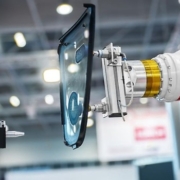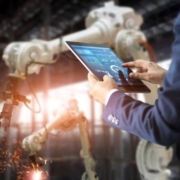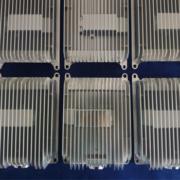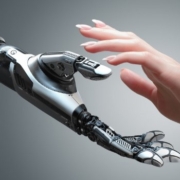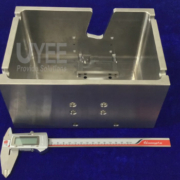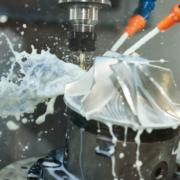Why Custom CNC Machining Aerospace Parts?
We should meet ultimate accuracy for any engineering project and component or part made. When it comes to aerospace components, this is a particularly pressing problem when dealing with a flight; any single element of an aircraft will require accuracy and precision to ensure flight safety and assurance. Those in the aerospace industry are aware of the importance of adhering to a specific standard, namely AS9100. It applies to the globally recognized aerospace standard for quality control systems.
Aerospace and aviation industries, for example, are also looking for ways to grow their markets or remain competitive. They are always searching for a method to improve their procedures. It is where precision machining enters the frame.
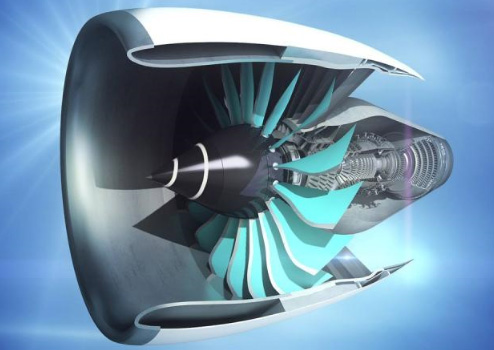
Precision machining is a subset of computer software, electrical and electronic sciences, and mechanical engineering. This manufacturing method has grown in importance over the last decade. Many systems, including aerospace, are calculated, designed, produced, and developed using Computer Numerical Control machining equipment. As an industry with a small margin of error, the aerospace industry relies on precision machining flexibility and accuracy.
Why is Custom CNC Machining Important in the Aerospace Industry?
In the aviation industry, the specifications for design, feature, efficiency, product quality, and reliability are very high, if not extreme. A wide range of new substances and techniques gets used for the first time in aircraft components. National defense requirements and market competitiveness necessitate a significant reduction in aerospace products’ development and production cycles.
Furthermore, since it must continually lower the overall cost of finished goods, there are higher expectations for the aerospace manufacturing industry, which requires advanced manufacturing technology. Modern CNC processing is an essential component of advanced manufacturing technology and has emerged as a critical key technology, especially in aerospace manufacturing.
CNC machining services are very relevant in the aerospace industry because of the following benefits:
- It is a method that incorporates a wide range of advanced technology styles, such as computer technology, communication technology, modern manufacturing technology, digital control technology, etc.
- During the CNC Machining Aerospace /turning process, a simple change in CNC machine configuration and parameters will allow new product creation and batch processing, significantly improving automation and flexibility.
- Many Machining Aerospace processes can be performed automatically on one machine or in one clamping, significantly reducing processing time and development cycle time and improving performance.
- CNC machining/turning technology improves the accuracy and precision of aerospace components, eliminates or minimizes manufacturing defects, and enables CNC aircraft parts to be of higher quality and reliability.
- The majority of materials used in aerospace parts must be cut and machined during the manufacturing process.
CNC Machining Aerospace Parts Types and Characteristics
What exactly is an aerospace product? An airplane can be classified based on its structure into the fuselage, engine, airborne equipment, and components such as wing, wide wall panels and frames on the tail, shell, valve body, hydraulic valve, optical tube, rotor blades, fasteners, connectors, and more.
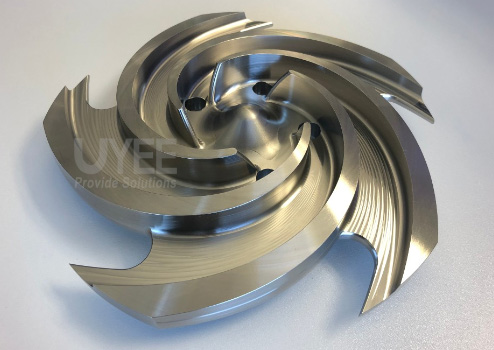
The following are the primary characteristics of CNC machining aerospace parts:
- High performance: utilizing new and difficult-to-machine materials such as titanium
- Lightweight: a large number of thin-walled structures get used
- Precision: machining accuracy is constantly improved
- High efficiency: increased speed and efficiency are needed
Here are a few examples of how CNC Custom Machined Parts get used in the aerospace industry.
3D Printing and Production
Given that an aircraft gets made up of millions of components, it is not surprising that various manufacturing methods are used in its construction, ranging from sheet metal manufacturing and molding to advance manufacturing processes such as 3D printing and CNC machining. Precision Custom Machined Parts can be made shorter and are usually error-free, unlike manual manufacturing, where even the most professional worker can make mistakes. By ensuring accurate and quicker production, the aerospace industry will save money on wasted materials, error repair, and lost work hours.
Manufacture of Aircraft Components
5-axis machining is commonly used in CNC machining to produce complex aircraft parts. It allows components to be milled, drilled, and manipulated simultaneously along the X, Y, Z, and linear axes without reconfiguring or repairing the portion. Why is complexity an advantage in the aerospace industry? Manufacturing a partially hollowed out or complex geometry component can reduce its weight without sacrificing quality or performance.
Many CNC machines are now available with several axes where the tool can move. 5-axis CNC machines enable the aerospace industry to go beyond 3D machining, allowing it to machine very complex parts. High-end machining equipment can also improve quality control by increasing machine precision.
Manufacture of End-Use Parts
When combined with sophisticated design and workflow tools and cutting-edge inspection methods, CNC machines can produce end-use parts and high-quality tooling components for aerospace suppliers. Although it would be difficult to list all of the CNC Machined Components features, some noteworthy examples include hydraulic manifolds, transmissions, fuel bodies, landing gear, electrical connectors, housings, and more.
CNC Machining Aerospace is essential in aircraft end-use parts manufacturing and aerospace R&D, enabling large and small aerospace companies to iterate rapidly, test, and edit new component designs as required. Rapid prototyping services like Rapid Direct will collaborate with aerospace companies and OEMs to manufacture Machined Components and parts with tolerances as low as 0.003 mm in as little as three days.

